Iran Unveils Underground Air Force Base Codenamed ‘Eagle 44’
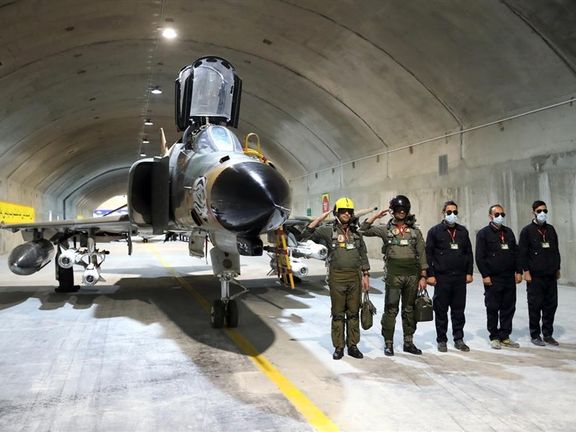
Iran has revealed an underground air force base called "Eagle 44" Tuesday saying it is the first of its kind large enough to house fighter jets.

Iran has revealed an underground air force base called "Eagle 44" Tuesday saying it is the first of its kind large enough to house fighter jets.
IRNA news agency reported that the base is capable of storing and operating fighter jets and drones.
The base was visited by a number of high-ranking Iranian military officials ahead of its official unveiling by Iran's state media outlets.
However, the report by IRNA did not elaborate on the location of the base.
It added that it is one of the country's most important air force bases, built deep underground, housing fighters equipped with long-range cruise missiles.
Iran does not have a viable modern air force due to long-running sanctions and arms embargoes. It mostly relies on missiles and drones.
Tasnim new agency, which is affiliated with the Revolutionary Guard, said the tactical airbase can accommodate and prepare various aircraft, including fighter jets, bombers, and unmanned aerial vehicles, for missions.
“These bases that have been constructed in proportion to the needs and with high safety factor are located under a mountainous areas, so that they can be used for surprise aerial operations,” Tasnim reported.
"Any attack on Iran from our enemies, including Israel, will see a response from our many air force bases including Eagle 44," Iran's armed forces' Chief of Staff Mohammad Bagheri told state TV.
Lately, there has been more talk of an Israeli air attack on Iran to contain its military program. The United States and Israel held large drills in the end of January, possibly in preparation with such a scenario.
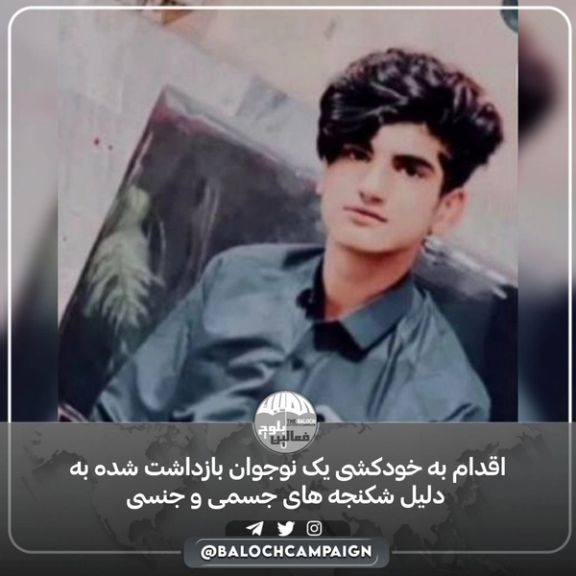
Baluch Activists Campaign say a teenager arrested during protests has attempted suicide in Zahedan prison, southeast of Iran, due to severe physical, sexual and mental torture.
According to the human rights organization, the teenager was arrested by the Revolutionary Gaurd intelligence in Zahedan on January 3, but he tried to take his own life after being severely tortured.
The 16-year-old has been identified as Benyamin Kouhkan, a citizen of Zahedan, the provincial capital of the largely Sistan-Baluchestan province largely populated by Sunnis of Baluch ethnicity.
There have been numerous reports of torture and rape of detained protesters in the past five months. Many have been forced make confessions admitting to crimes they never committed.
An informed source told the Baluch Activist Campaign that Benyamin informed his mother in a phone call that he had been subjected to severe physical and sexual torture to obtain coerced confessions.
According to this source, Benyamin tried to commit suicide after that, but he failed.
Reports about the alleged rape of a 15-year-old Baluch girl in June by a police commander in Chabahar, who has remained immune from prosecution, sparked protests in different areas of Baluchistan in September. The anger over the death of Mahsa Amini in police custody also added fuel to the fire with more than 100 Baluch protesters killed so far and 307 arrested during demonstrations.
Residents of Zahedan have been protesting every Friday after prayers since September 30, 2022.
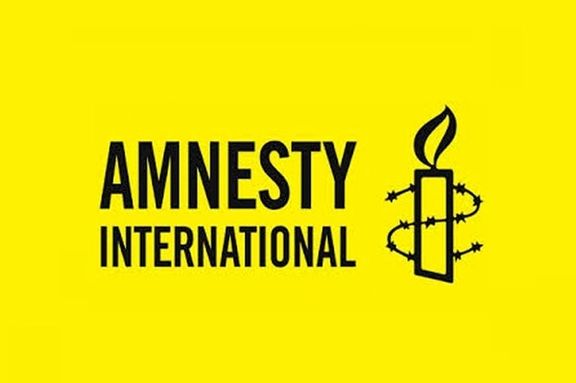
Amnesty International says Iranian regime’s refusal to acknowledge the 1988 prison massacres has led to decades of crimes and cover-ups to suppress any form of political opposition.
In a statement on Monday the international bodysaid the diplomatic representatives of the Islamic Republic of Iran played a very crucial role in denying the massacres by spreading misinformation and opposing an international investigation.
“Over four decades later, current Iranian officials employ similar strategies to cover up and weaken international responses to crimes under international law and other serious human rights violations as they try to crush ongoing nationwide protests sparked by the death in custody of Mahsa Amini in September 2022,” adds the statement.
“The authorities of the Islamic Republic of Iran have maintained an iron grip on power for decades through the commission of horror after horror with absolute impunity. They continue to systematically conceal the fate and whereabouts of thousands of political dissidents they extrajudicially killed in the 1980s and dumped in unmarked graves. They hide or destroy mass gravesites, and harass and intimidate survivors and relatives seeking truth, justice and reparation,” said Diana Eltahawy, Amnesty International’s Deputy Director.
“Such crimes are not relics of the past. The anniversary arrives amid a horrific wave of bloodshed around the latest protests, as well as arbitrary executions and death sentences targeting protesters. This highlights the need for urgent global action… to bring those involved to justice,” she added.
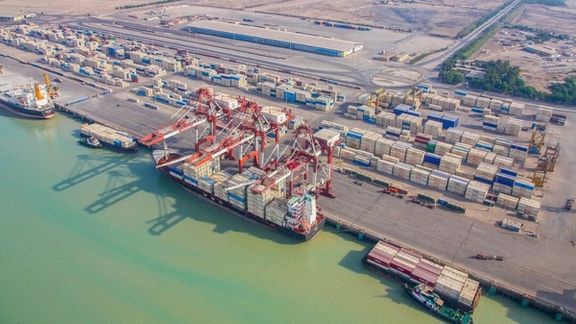
A member of Iran’s Chamber of Commerce says the country conducts direct trade only with China, Russia, Turkey, UAE and Oman, and with others through intermediaries.
Bahram Shakouri said in an interview with ILNA on Monday that due to US and other sanctions, official trade relations between Iran and Japan have reached zero.
“Japan and the US have significant joint investments and it is natural that after the imposition of US sanctions against Iran, the Japanese would prefer to limit their trade with Iran,” he noted.
Emphasizing the necessity to join the international money laundering watchdog, the FATF, Shakouti stated Iran's relations with other countries and its diplomacy should be boosted.
“Economic diplomacy affects politics, but in Iran it is the opposite, politics affects the economy, and the economy pays the cost of this policy. It seems that we must revise our relations with the world, if this is not done, we will face more problems day by day,” reiterated Shakouri.
Iran has been on the FATF blacklist, along with North Korea, since February 2020 for failing to pass legislation introducing transparency measures designed to combat money-laundering, corruption, and financing of ‘terrorism.’ FATF members – who host most of the world’s financial centers – are required to undertake enhanced diligence and countermeasures against blacklisted states.
The FATF blacklist carries with it no formal sanctions, but financial institutions shift their resources and services away from blacklisted countries not to risk legal complications.

US Senate Select Committee On Intelligence is investigating why developers in Russia, China, Iran and North Korea had access to Facebook user data.
Senators Mark Warner and Marco Rubio, chair and vice chair of Committee on Intelligence, wrote to Facebook parent Meta Platforms META.O on Monday about documents that show it knew developers in China and Russia and Iran had access to user data that they could use for espionage.
"It appears from these documents that Facebook has known, since at least September 2018, that hundreds of thousands of developers in countries Facebook characterized as 'high-risk,' including the People’s Republic of China, had access to significant amounts of sensitive user data," Warner, a Democrat, and Republican Rubio wrote in the letter to company founder Mark Zuckerberg.
The letter said an internal Meta document showed that nearly 90,000 developers in China had been given access to information about users, including profile data, photos and private messages even though Facebook had never been able to operate in China.
More than 42,000 developers in Russia and thousands in Iran and North Korea also had access to the information, they wrote.
The unsealed documents came to light as part of litigation in the Northern District of California that was filed in 2018.
"We have grave concerns about the extent to which this access could have enabled foreign intelligence service activity, ranging from foreign malign influence to targeting and counter-intelligence," the two senators wrote.
Facebook did not immediately respond to a Reuter’s request for comment.
Reporting by Reuters
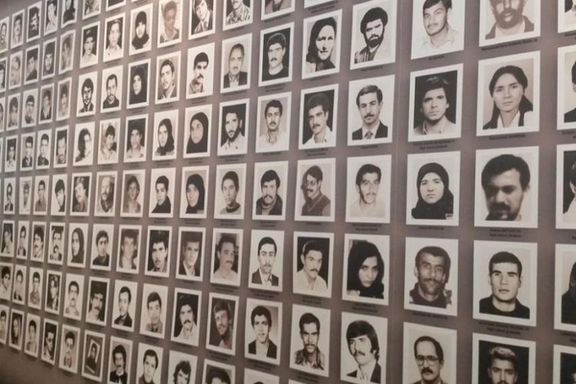
Relatives of political prisoners executed in Iran in 1988 insist that Oberlin College must expel a former Iranian UN envoy who covered up the mass killings.
A statement released by “relatives of the victims of Iran's 1988 prison massacres, members of the Iranian-American community, Oberlin College students and alumni, and concerned citizens of Ohio” on February 6 demanded that Mr. Mohammad Jafar Mahallati be removed from his post immediately for his role as an accomplice in the 1988 prison massacre.
Mahallati, a former ambassador to the United Nations and current professor of religion at Oberlin College, maintains that he was unaware of the executions despite Amnesty International’s numerous urgent notices to Iran calling for an end to the killings which were widely reported by the media. Protests were held at the time and even an Iranian, Mehradad Imen resorted to self-immolation outside the UN headquarters in September 1988 to draw attention to the wave of executions.
“I was in New York the entire summer of 1988, focusing on peace-making between Iran and Iraq, and I did not receive any briefing regarding executions,” Mahallati wrote in a statement to Oberlin Review in October 2021.
Amnesty International in a new report has named Mahallati as one of the key officials involved in covering up the killings and said that as ambassador, he repeatedly dismissed detailed reports about mass executions in 1988 and 1989, described them as “false claims and fake evidence by terrorist groups”, mispresented the executions as “battlefield killings”, and submitted films and other documents to the UN to support the false claims on behalf of the Iranian government.
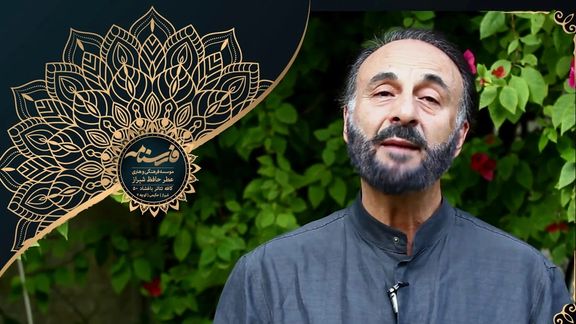
The executions were carried out based on a fatwa by Iran's then-supreme leader, Ruhollah Khomeini, against the MEK which carried out a wave of bombings in Iran and struck an alliance with Saddam Hussein during the 1980-88 war. “Showing mercy to those who take up arms against the Islamic government is being naïve,” Khomeini said in his fatwa.
Most of victims were linked to the MEK but there were also others with links to leftist and secular groups such as Fadaiyan Khalq Organization (FKO) and Tudeh Party as well as some Kurdish groups, such as Komala and Kurdish Democratic Party of Iran.
The exact number of prisoners executed during the purge of prisoners is not known but according to Amnesty International, the Iranian authorities "forcibly disappeared" and "extrajudicially executed" around 5,000 between July and September 1988.
The group of relatives started a campaign in 2020 against Mahallati and since then have three times held rallies at Oberlin College and protests in San Francisco, Los Angles, London, Berlin to pressure Oberlin College to terminate Mahallati's employment.
“Given his position as ambassador, media reports, and Amnesty’s campaign, it is impossible that Mahallati was unaware of these events unless he lived in a cave, which would otherwise demonstrate gross negligence of his duty as an ambassador,” the statement said.
The group has also accused Mahallati of making anti-Semitic and anti-Baha’i. comments in the 1980s.
“We also condemn the college for continually defending a known human rights abuser and failing to meet with the victims' families, look at their evidence and listen to their stories,” the statement said.
Oberlin college initiated its own process in 2021 to determine the validity of accusations against Mahallati including allegations of antisemitism. The college said it “could find no evidence to corroborate the allegations against Professor Mahallati, including that he had specific knowledge of the murders taking place in Iran” and allowed Mahallati to continue teaching.